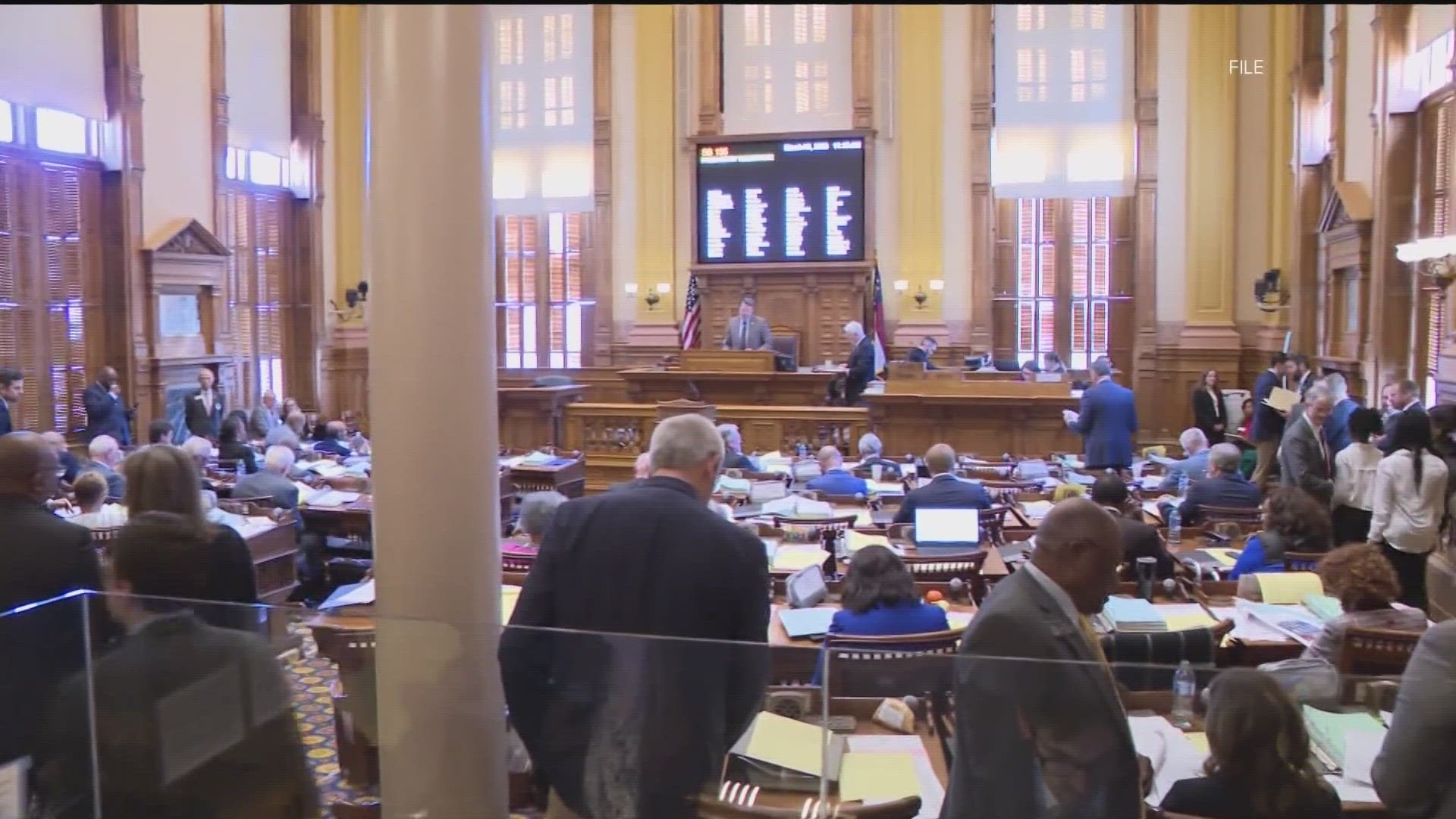ATLANTA — Senate Bill 420 is now awaiting the signature of Georgia Governor Brian Kemp after stirring heated debate in the legislature over land ownership restrictions within the state.
The bill aims to restrict the purchasing or leasing of agricultural land and land adjacent to military bases by individuals considered "agents of a foreign adversary."
According to State Sen. Jason Anavitarte (R-Dallas), the primary motivation behind the bill is to address national security threats posed by foreign entities, particularly highlighting concerns over China's acquisition of agricultural land and properties near military installations. Anavitarte emphasized safeguarding national security interests amidst rising tensions with foreign adversaries.
However, opponents of the bill, including State Rep. Michelle Au (D-Johns Creek), argue that it could potentially lead to discriminatory practices, especially against those of certain ethnic backgrounds. Au expressed concerns that the legislation might unfairly target individuals based on their ethnicity, fostering a prejudicial environment detrimental to the state's inclusivity and diversity.
The bill, which garnered approval in both the House and the Senate, is now awaiting Governor Kemp's decision. Local immigration advocates, such as Thom Phan, are urging the public to pressure Kemp for a veto, citing the bill's potential adverse effects on immigrant communities striving for economic stability and family well-being.
This bill has faced scrutiny throughout the legislative process in its various iterations. Previous versions proposed restrictions on residential properties. Although the residential aspect was amended before final passage, advocates persist regarding the overall impact of SB 420.
As Georgia awaits Gov. Kemp's decision, the debate surrounding Senate Bill 420 underscores the complex intersection of national security, property rights and immigrant inclusion within the state.

